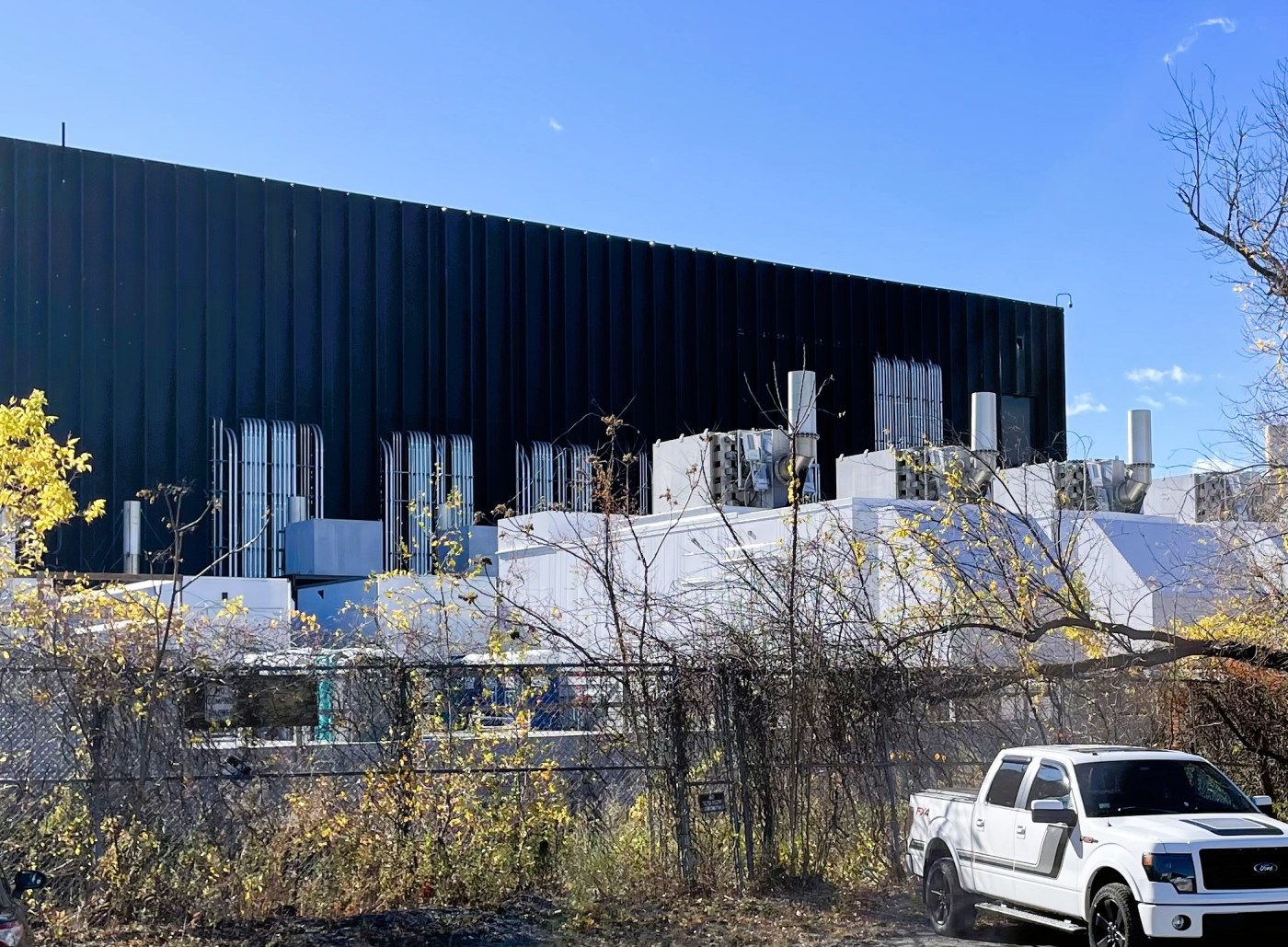The recent expansion plans for the Markley Group’s data center in Lowell have unveiled significant oversight by the city’s Planning Board. When the board approved the site plan in 2015, the scale of the proposed facility was likely underestimated, particularly regarding the diesel-powered backup generators that would eventually require substantial fuel storage.
During the initial approval process, detailed schematics included measurements for various elements of the construction, such as an 8-foot chain-link fence and a 3-foot-wide sidewalk. However, the proposed backup generators, which were marked as blank spaces on the plans, were not adequately addressed. An engineer representing Markley noted the facility’s potential capacity of 60 megawatts, indicating that as many as 20 generators might be necessary, each needing fuel supplies for 48 hours. This translates to a minimum requirement of approximately 150,000 to 200,000 gallons of diesel fuel.
The oversight regarding the placement of these generators was not identified until a 2018 site plan revision. According to Jared Alves, Assistant Planner, the original site plans did not include the generators, nor did the Planning Board minutes from the 2015 discussions reference their location. This led to a 2016 City Council vote approving a license for the storage of 32,000 gallons of diesel fuel at 2 Prince Avenue, a decision made without proper acknowledgment of the generator placements.
The situation escalated in September of this year when Markley sought approval for an additional 96,700 gallons of fuel to support 27 emergency backup generators. This would increase the total fuel capacity to nearly 168,000 gallons, aligning with earlier estimates made by the company. However, community opposition, driven by concerns over noise and air pollution in the densely populated Sacred Heart neighborhood, led to the withdrawal of the petition.
Despite the community’s resistance, construction of the generators proceeded, accompanied by an 8-foot stone block retaining wall around the equipment yard, which had presumably received prior approval. During a site visit in November, the sheer size of the generators became apparent, dwarfing nearby structures and raising questions about their visual impact on the area.
The Markley facility, located on the former site of the Prince pasta plant, has brought to light the challenges local governments face when managing large-scale developments. Municipal staff often lack the resources or expertise to navigate complex corporate interests effectively. To address these challenges, the city may need to engage professional consultants to ensure that developments align with community standards and expectations.
As Lowell continues to grow and evolve, residents must have a more significant role in guiding the trajectory of high-impact projects, ensuring that their voices are heard in the planning process. The situation surrounding the Markley Group serves as a critical reminder of the balance needed between development and community welfare.







